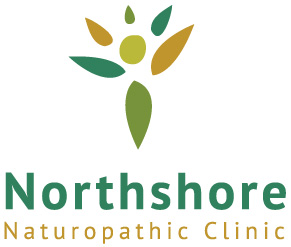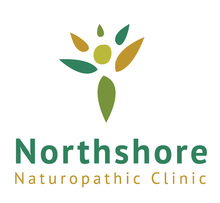By Dr. Matsen
“Early to Bed, Early to Rise, Makes a Man Healthy, Wealthy and Wise” said Benjamin Franklin several hundred years ago. Modern research lends support to this bold statement. The first light of dawn stimulates the retina of your eye to make serotonin, which in turn activates your pineal gland, deep within your brain, to make even more serotonin. Serotonin is a neurotransmitter that acts like an “on” switch to get you up and out into the world. Interestingly, serotonin also gives you confidence and self-esteem which seems to be in short supply in modern times, judging by the number of prescriptions for serotonin-increasing medications such as Prozac, Paxil, Zoloft, Effexor, etc. Couldn’t the high demand for these medications be at least partly due to people not getting up with the sun and into the light of the outdoors?
With the decline of light at dusk, the retina of your eye begins to turn serotonin into melatonin. This in turn activates your pineal gland to do the same. The conversion of serotonin into melatonin is only a slight biochemical shift, but it has a dramatic effect on your entire being. Melatonin is your “off” switch which begins to shut down your “dayshift” systems so they can be recharged and repaired. Your “nightshift” crew includes growth hormone, which repairs proteins that might have been damaged during your day’s exertions eeking out a living. The deeper your sleep, the greater the repair job growth hormone can do.
As your adrenal glands gradually get shut down, a new batch of adrenal hormones is produced and stored. Melatonin also stimulates your thymus gland to make hormones that activate your immune system to destroy any invaders and assist in repair.
Melatonin, unlike serotonin, can readily slip through any membrane in your body, including your blood/brain barrier where it protects your delicate brain from free radicals due to its powerful antioxidant properties.
REM (Rapid Eye Movement) sleep, which is associated with dream sleep, is a time for your brain to sift through the myriad of stimuli that it has been exposed to in a day, sort it into patterns, solve problems and file away lessons learned. You’ve surely experienced a seemingly difficult problem that resolved itself on awakening from a deep sleep.
At the crack of dawn, as early light winks at your retina to make more serotonin, your body should be regenerated, recharged, rested and ready for another adventurous day in the sunny half of your life cycle.
There are pitfalls to this smooth solar cycle however. “Early to bed and early to rise is a bad rule for anyone who wishes to become acquainted with our most prominent and influential people,” said George Ade. Ahh! The curse of the social life, with its late nights and associated drugs like coffee, alcohol, cigarettes, etc., all of which can throw off your delicate serotonin/melatonin schedule. Exposure to light at night, especially the light emitted by a television, reduces your production of melatonin. Couldn’t this also partly explain why sleep medication is as big a seller as serotonin-increasing drugs?
Also, by the age of 45, most people are making about one half the amount of melatonin that they made at the age of 25, which explains why their social life activities have usually decreased proportionately. So ultimately, you have to surrender the “social life” as defined by George Ade, and recall the wisdom of Ben Franklin’s “early to bed and early to rise.
As the evening progresses, you should gradually reduce the light levels to which you are exposed; by 9 pm, light should be drastically reduced so that your pineal gland will be stimulated to create more melatonin.
Did You Know?
Melatonin is the hormone that helps you to sleep and it’s also a powerful antioxidant. Melatonin is available as a supplement. Recent studies found that 0.3 to 0.5 milligrams (3 to 5 micrograms) of sublingual melatonin (taken under the tongue) was all that was necessary to re-establish deep sleep patterns.


